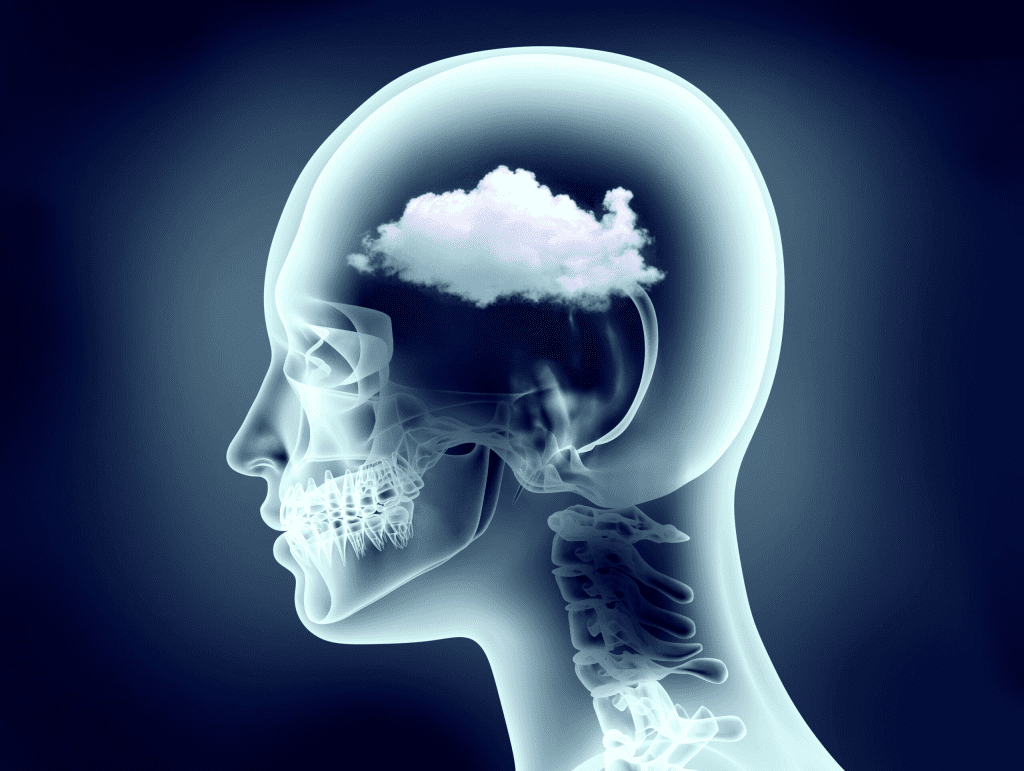Ever had one of those days where your brain just refuses to work right? You lose track of what you were saying, forget where you left your keys, or feel like your thoughts are stuck in molasses. That frustrating feeling has a name now: brain fog. And while it’s been a mystery for years, scientists are finally beginning to understand what’s really going on.
What Exactly Is Brain Fog?
Let’s clear this up first—brain fog isn’t a medical condition. Instead, it’s a symptom. A very real and very disruptive one. People experiencing it often describe poor concentration, forgetfulness, and a sluggish mind. It’s like your mental clarity took a vacation without telling you.

During the COVID-19 pandemic, brain fog became more widely recognized. It’s now known to be one of the most common symptoms of long COVID, affecting somewhere between 20% and 65% of patients. But brain fog isn’t new. It’s long been reported by people with conditions like fibromyalgia, lupus, chronic fatigue syndrome, and even depression. Cancer patients undergoing chemotherapy also often deal with what’s commonly called “chemo brain”—a close cousin of brain fog.
Why Is Brain Fog So Hard to Diagnose?
The strange thing is that brain fog often doesn’t show up on standard medical tests. You could be struggling to recall words, losing your focus mid-sentence, or feeling mentally drained, but your cognitive scores might still come back as “normal.” This makes diagnosis tricky and, unfortunately, leads some doctors to dismiss it as just psychological.
According to Jacqueline Becker, a neuropsychologist at Mount Sinai, brain fog is more like a warning signal—a sign that your brain isn’t functioning at full capacity. And while it’s not officially listed as a disease, it’s very real to the people who experience it daily.
The Many Faces of Brain Fog
There’s no single cause behind brain fog. It’s a symptom that can stem from many underlying conditions. Think of it like the smoke coming from a fire—you still have to figure out what’s burning.
Let’s break down some of the leading theories that researchers are exploring.
Video : Brain Fog Explained
Neuroinflammation: The Brain on Fire
One of the biggest breakthroughs in brain fog research has come from studies on neuroinflammation. That’s just a fancy way of saying inflammation in the brain. When your immune system goes into overdrive—like during a serious infection such as COVID-19—it can cause lasting inflammation that affects how your brain works.
In some cases, the immune system starts attacking healthy brain tissue or producing autoantibodies. There’s even MRI evidence showing that brain regions like gray matter and white matter can shrink after this kind of inflammation. The result? Slowed thinking, memory problems, and yes—brain fog.
It’s not just COVID-19. Similar issues have been found in people with chronic fatigue syndrome and those undergoing chemotherapy. The common link seems to be an out-of-control immune response.
The Leaky Brain Theory
In early 2024, a study out of Trinity College Dublin revealed something fascinating. Scientists found that some people with long COVID had what’s known as a leaky blood-brain barrier. This barrier usually protects the brain from harmful substances in the blood. But if it becomes “leaky,” toxins and viruses can slip through, potentially causing brain fog.
While it’s an exciting theory, not everyone’s convinced yet. Another study that tried to replicate the findings couldn’t do it, possibly because they used different methods or study groups. Still, the leaky barrier idea is a promising lead.
Hormones, Gut Health, and More

Inflammation isn’t the only thing under the microscope. Other potential causes of brain fog include:
- Hormonal changes – During menopause, estrogen levels drop and can affect memory and focus. Thyroid issues can also shrink areas of the brain that help with cognition.
- Brain injuries – People who’ve had head trauma often experience fogginess due to lowered growth hormone levels.
- Gut-brain connection – Your gut and your brain are more connected than you might think. When your gut microbiome is off-balance (a condition known as dysbiosis), it can affect your mental clarity. In fact, a study in 2024 found that over half of people with digestive issues like IBD also reported symptoms of brain fog.
Why Research Has Been Slow
Despite the growing interest, the science behind brain fog still faces hurdles. Many studies use different definitions or testing tools, which makes comparing results difficult. Plus, brain fog often overlaps with other symptoms like pain or fatigue, making it even harder to isolate.
Experts like Denno believe we need to approach brain fog through the lens of each specific illness. That means better definitions, better tools, and bigger, more standardized studies.
How to Manage Brain Fog in Daily Life
There’s no miracle cure for brain fog yet, but that doesn’t mean you’re powerless. Here are a few things you can do that might help lift the haze:
- Get enough sleep – Sleep is essential for memory and focus.
- Exercise regularly – Even a brisk walk can increase blood flow to the brain.
- Eat brain-friendly foods – Focus on whole foods, healthy fats, and nutrient-rich meals.
- Reduce stress – Meditation, deep breathing, or even journaling can help quiet the mental noise.
- Talk to your doctor – Especially if your symptoms last more than a few weeks. You might have underlying issues like sleep apnea, vitamin deficiencies, or hormonal imbalances that can be treated.
Video : How To Cure “Brain Fog”
Final Thoughts: The Fog Is Lifting
Brain fog might feel like your brain is stuck in a low-power mode, but thanks to new research, we’re finally getting closer to understanding it. From neuroinflammation and hormonal shifts to gut health and leaky brain barriers, scientists are piecing together the puzzle.
And while we don’t have all the answers just yet, the growing recognition of brain fog as a legitimate, biological symptom—not just something in your head—is a major step forward. If you’re living with it, know this: you’re not alone, and science is on your side. The fog may be thick, but the path through it is getting clearer every day.


